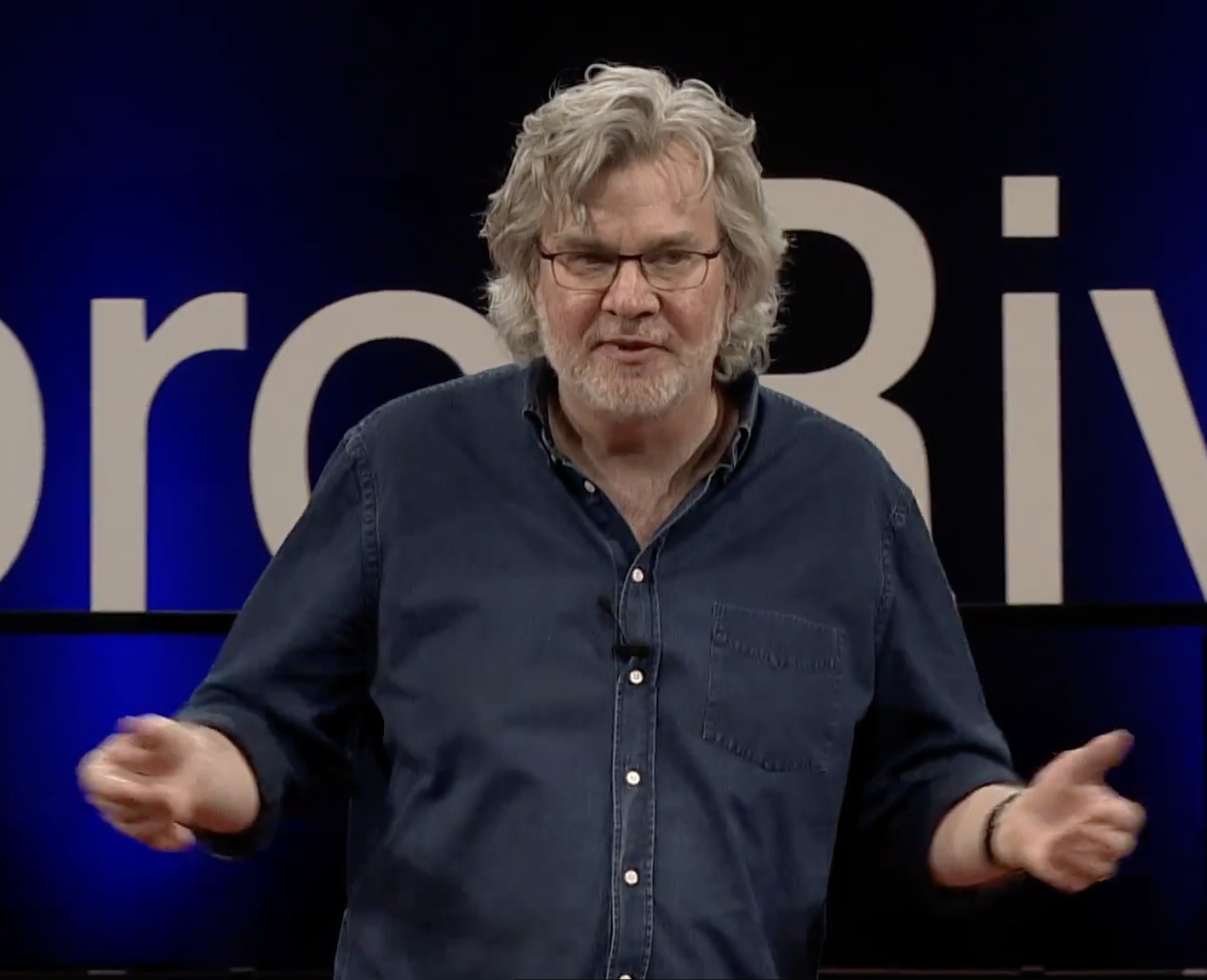In the third decade of his illustrious career in public health, Dr. Damon Arnold found himself in need of new perspectives on what he had begun to understand as his life’s work.
He had started out in the National Guard in 1984 and served combat tours of duty in Iraq and Kuwait as a helicopter flight surgeon; he retired from the military with a rank of Colonel and a Legion of Merit medal from President Obama. In the second major phase of his career, he led the Illinois Department of Public Health and steered the state’s response to a dangerous H1N1 outbreak. In the third, he built a Master of Public Health program at Chicago State University expressly designed to improve outcomes in minority populations.
In his current era, Dr. Arnold worked for Blue Cross Blue Shield as a medical director focused on expanding healthcare access. It was during this period, in 2018 to be exact, that Dr. Arnold assumed the role of Chair of the Trauma Care and Violence Prevention working group under the University of Chicago Medicine Community Advisory Council to help guide UChicago Medicine leadership in their approach to providing adult trauma services on the South Side. Since then, he has continued to work with UChicago Medicine to bring awareness to community needs.
“That experience galvanized my decision to return to school,” he says. “Even though I was getting older, I realized there was more I could contribute and more I wanted to accomplish.”
After learning about the UChicago’s Master of Science in Threat and Response Management (MScTRM) program and its focus on strategic, theory-driven approaches to emergency leadership, he decided to apply. When classes began, he found them enriched by a cohort with many different professional backgrounds and experiences.
“Science meets philosophy every time we go into an emergency response, and we bring our real-life experiences to the theory we learn,” he says. The MScTRM classroom “gives a broader understanding of the bigger problems we all face. The insights I’ve gained have many valuable implications for how emergency responder units can be effectively managed.”
A wider perspective on emergency care
Dr. Arnold’s work to better his neighbors’ emergency care brought him to another life-changing realization.
“I saw that my entire career had been coalescing around one principle, and that the emergency management degree would be a great way to bring it all together,” he says.
His holistic understanding of health had begun taking shape at the beginning of his career. While a resident in internal medicine, he noticed a host of invisible factors could affect a diagnosis: What role did the patient’s socioeconomic background play in their illness? What about their work history? How strong was their social support network? An Occupational Medicine Attending, noticing his interest, suggested he take on an additional residency in occupational and environmental medicine.
“I could see that it was all tied together,” he says. “Being in the military at the time, I had already worked with toxicology reports and the effects of certain environmental risk factors on populations, so this external view blended with my internal medicine perspective to shape my views about medical care.”
The key principle by which he defines his practice “is always about seeing more than just the physical person in front of you,” he says. “To treat a whole person means considering the mental stresses and additional stressors they have to confront each day—and this applies to patients as much as it does to frontline workers in emergency response, many of whom are suffering from PTSD today.”
In 2011, he offered this perspective in a book for leaders that gave methods for dealing with the complex societal issues that impact service delivery. At present, he is at work on a second edition informed by the insights he gained in the master's in emergency management program.
“Bringing sociological studies together with theories of homeland security deepened my understanding of the different forces impacting communities and how complex it can be to determine who the victims and the perpetrators are,” he says.
The curriculum has “broadened my perspective and drives me to read books and papers to expand my knowledge. The MScTRM program has given me an opportunity to deepen my thoughts on these problems and to build a framework that ties together the various lessons of my life and career.”
The UChicago Biological Sciences Division (BSD) will oversee any future programming. Please visit the BSD website for more information about their offerings.



